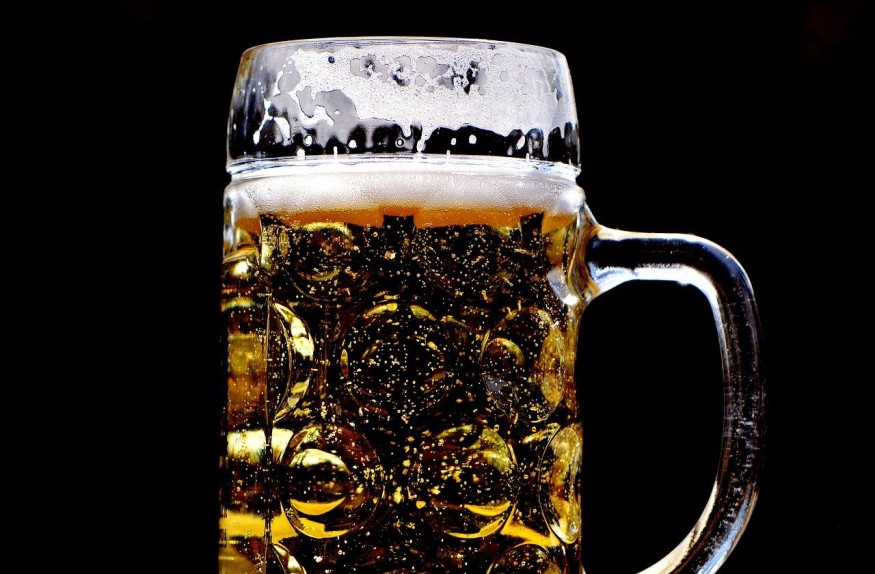Moderate drinking of alcohol could be good for the health, like drinking red wine may have a protective effect on cardiovascular health. However, it is also linked to an increased risk of various diseases in the liver or esophagus.
The study showed that being overweight or obese poses a greater risk of adverse side effects of alcohol on the liver compared to people who do not consume alcohol.
Researchers examined 465,437 adults from 40 to 69 years old within the span of 10.5 years and found that overweight or obese people are more likely to develop liver diseases than their average-weight counterparts.
The study, entitled "Joint associations of adiposity and alcohol consumption with liver disease-related morbidity and mortality risk: findings from the UK Biobank," is published in the European Journal of Clinical Nutrition and was led by the University of Sydney's Charles Perkins Centre.

Obesity and Alcohol Consumption
Researchers examined the medical data of almost half a million patients and found a link between obesity and alcohol consumption, according to The Health Site They wrote in their study that being overweight or obese could significantly increase the adverse effects of alcohol on the liver that may lead to death.
Professor Emmanuel Stamatakis, study senior author and research program director at the Charles Perkins Centre and the Faculty of Medicine and Health, said that overweight or obese people are at greater risk of developing liver diseases than participants with a healthy weight who consumed alcohol at the same level.
But even compared to people who consume alcohol within the guidelines, overweight and obese participants are still 50% at greater risk of liver disease.
Researchers noted that their study is one of the largest studies to examine the link between alcohol consumption and overweight or obesity to future liver diseases.
Their findings suggest that obese people who drank more have approximately 6,000% higher risk of being diagnosed with alcoholic fatty liver and a hazard ratio of 5.38. Consequently, a fatty liver increases the chance of death by around 700%.
Reducing Alcohol Intake Lowers Obesity and Risks of Liver Diseases
The website Eat This, Not That! reported that to decrease the risk of developing liver diseases and obesity, reducing alcohol consumption could help solve these two problems.
According to a news release by the European Association for the Study of Obesity in 2020, alcohol consumption is associated with a greater risk of obesity.
"Our results suggest that the risk of obesity and metabolic syndrome increases in proportion to alcohol consumption when male and female adults drink more than half a standard drink per day," the researchers said according to EurekAlert! They suggested that cutting out drinking alcoholic beverages may not only reduce weight but also prevent future liver diseases.
RELATED ARTICLE: Poor Diet and Not Less Physical Activity Can Cause Childhood Obesity, Study
Check out more news and information on Obesity and Alcohol Consumption in Science Times.
© 2026 ScienceTimes.com All rights reserved. Do not reproduce without permission. The window to the world of Science Times.












